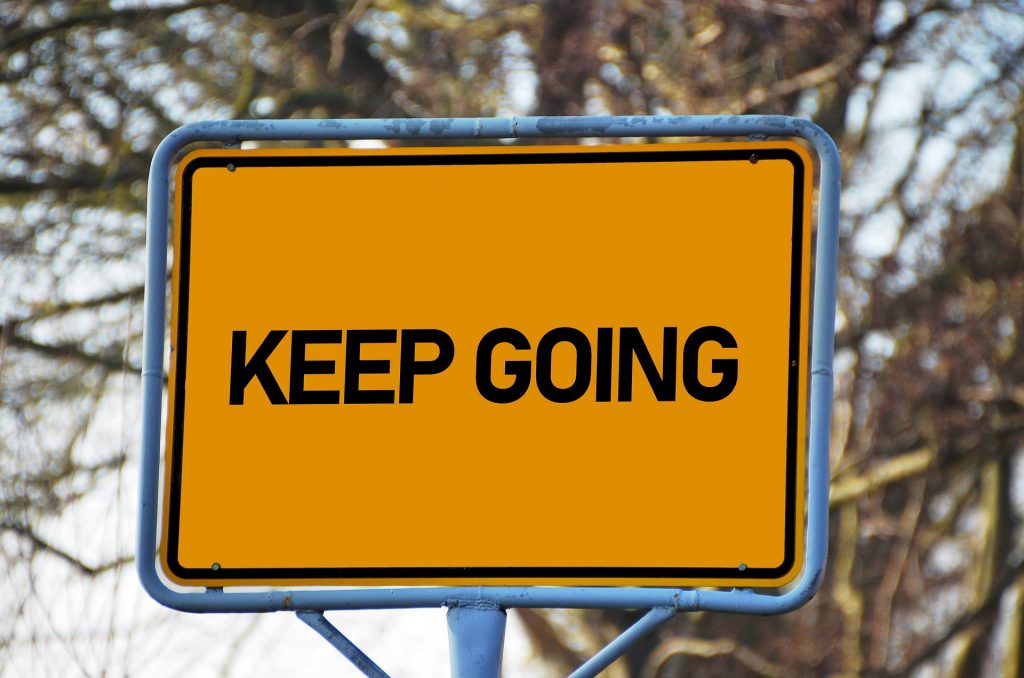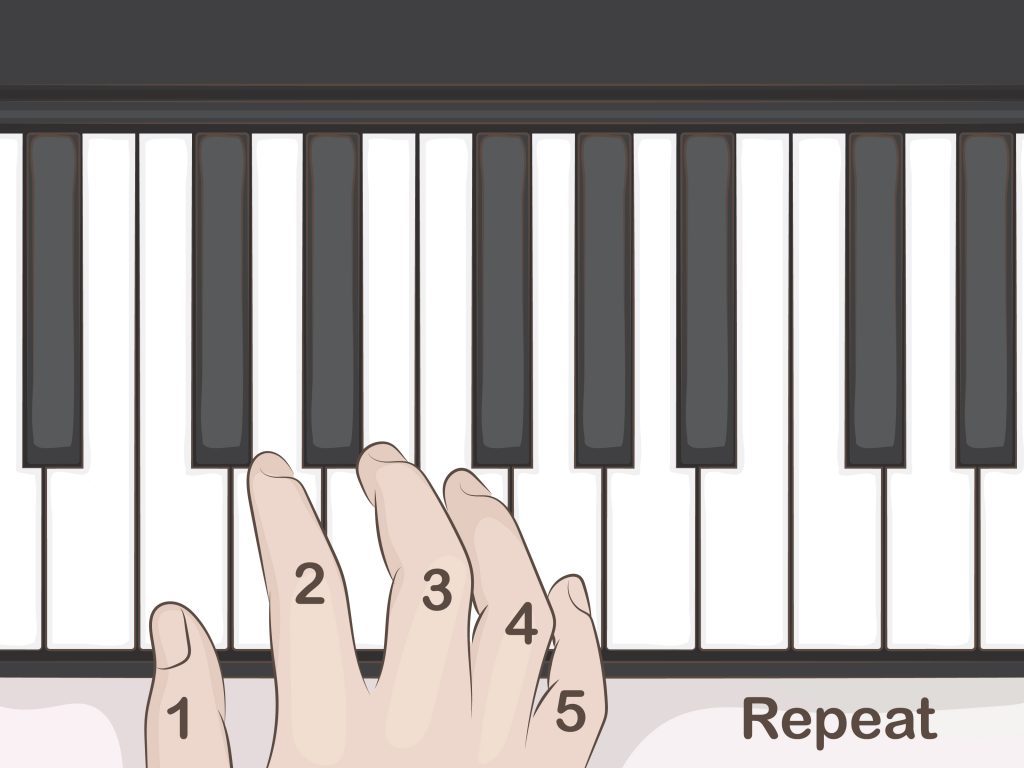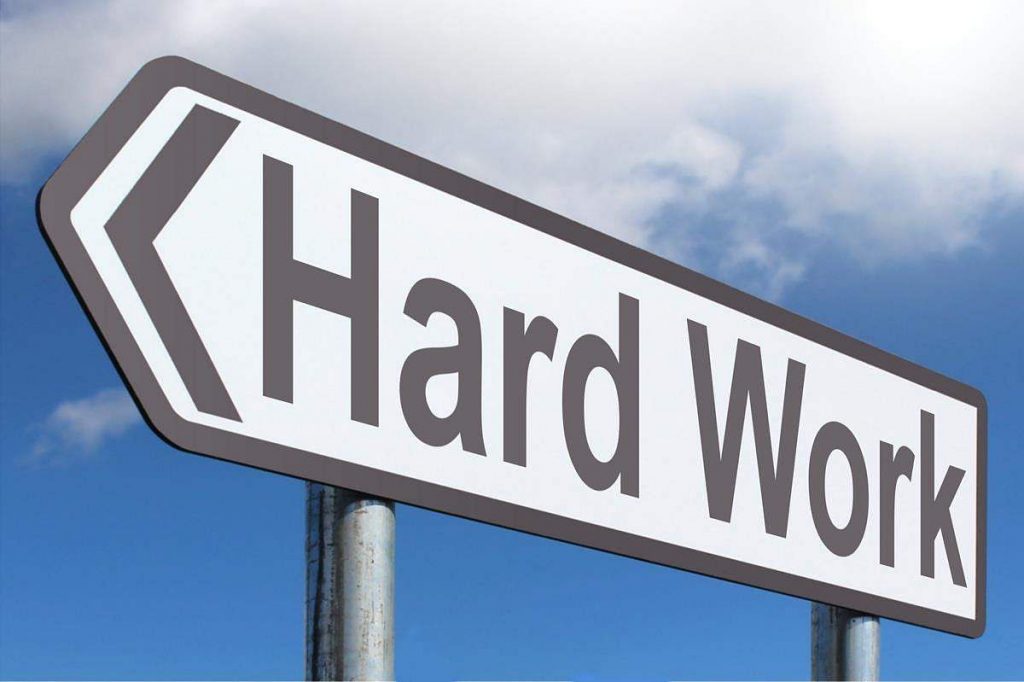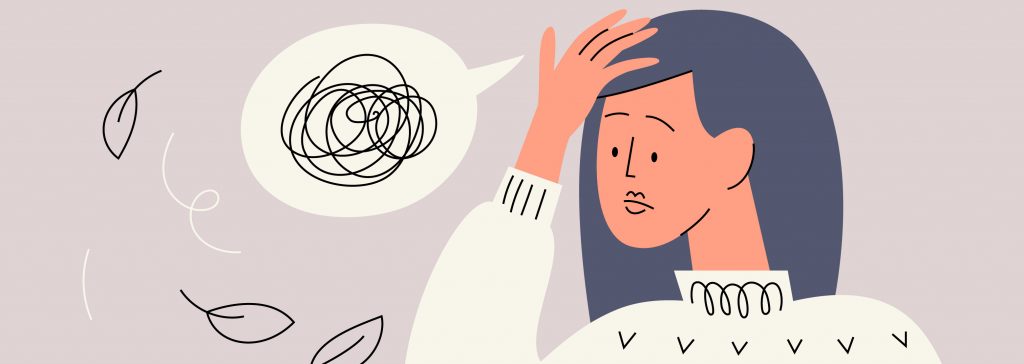There are many life lessons you can learn from playing the piano. First of all, piano lessons are a big commitment but can provide many benefits that last a lifetime.
The piano is an instrument that requires dedication and patience to learn. But the rewards are well worth it.
As a pianist, there are several things you can learn. I’ve played piano since 1997 and became a teacher 10 years later.
It teaches you a lot of transferable skills. I’ll discuss in this post about the life lessons I’ve gained from that.
10 Best Life Lessons You Can Learn from Playing the Piano
1. Perseverance

If you continue to play the piano, even if most other people stop, it will pay off. If you are passionate about playing, it will be worth the effort.
Had I given up at the start, I would not have been able to become a competent pianist and instructor. And I would not be in a position to provide for myself financially or ask my parents for money.
2. Remembering Notes and Chords

Whether or not you’re a good piano player, there’s always something new to learn. You’ll appreciate this more as your skills improve. Even if you think you know everything, remember that knowledge is never complete with music!
There are always things you can pick up on even after years of experience. That’s what makes it so fun!
The journey itself is an adventure where anything could happen at any given moment. This applies in many other aspects of life too because nothing stays constant for long.
Change is inevitable and it happens every single day without fail! It teaches us how to adapt quickly when necessary instead of getting stuck in one place.
3. Hard Work Pays

Results show that a hardworking and less talented pianist has a higher chance of succeeding than a talented but lazy pianist. After being a teacher for over 10 years now, I’ve come to realize that this is a true fact.
A pianist who is dedicated and practices consistently every day tends to show faster progression. Lazy pianists or people can talk all they want, but they are bound to remain stagnant in their skills.
Hard work is one of the life lessons you can learn from playing the piano. You’ll come to realize that discipline is a lifelong skill that is transferable to many areas and aspects of life. As a pianist, I’ve used that discipline in many areas like early rising, eating healthy, being neat, and having an organized life. I also always try to optimize routines for better efficiency.
4. Helps in Brain Development

Playing the piano improves brain growth and keeps you mentally sharp.
This is because piano playing involves information from the senses of sight, hearing, and touch, as well as precise gestures.
This result can be a long-lasting change in the brain. This can also happen in the business world.
Studies have shown that practicing a musical instrument increase gray matter being in your brain. This ends up making your brain stronger and better.
Therefore, people that play the piano have a higher chance of having sharper brains than people who don’t. This can be used in many different areas and aspects of life to help you think better and get more things done!
5. Strengthens Your Memory and Reading Skills

Playing the piano strengthens your memory and reading skills. This is because when you learn how to play, you memorize the notes of each scale and chord.
This also involves knowing what fingerings go with certain chords and scales, which can be beneficial for other things too like learning a language!
Music and reading are linked via comparable neural and cognitive processes, which result in your long-term memory getting better.
Learning piano helped me memorize lengthy pieces of information in school! What the mind truly can do is amazing!
6. You Learn How to Concentrate Better

Playing the piano helps you learn how to focus and concentrate better. That’s because, during performances, you need to concentrate on your piece to be able to tune out the audience or environment.
This is also similar to when you’re practicing playing. You’re required to focus and avoid external distractions. I suppose this is also similar to being an athlete. You have to focus on whatever sport you’re doing and not the spectators.
7. You Gain Speed and Become More Fearless

A new piece of music will look hard at first, but after you practice, it becomes easier.
Put these sections in different places. You can learn difficult concepts quickly. This will help you in other areas of your life too.
The more you perform in public, the less afraid you will be. The same goes for public speaking as I have experienced it personally.
8. It Becomes Easy to Learn Other Instruments

This is another one of the life lessons you can learn from playing the piano. It becomes easy to learn other instruments because you already know how to read sheet music and play notes. All you need is a little practice and it will become second nature to you.
I’ve been able to easily learn how to play the violin, guitar, bass, cello, drums, and even voice because I know how to play the piano.
9. Improves Multitasking

Learning piano can significantly help improve multitasking. That’s because you must process multiple things at once.
This emanates from the fact that playing music forces you to process multiple senses at once. Therefore, this results in gaining superior multisensory skills which are quite beneficial in life.
10. It Helps Appreciate Different Genres of Music

Playing the piano helps you start appreciating vast genres of music. These include opera, pop, classical, jazz, and oldies. You’ll find yourself analyzing their structure in a way that is enjoyable and cognitive.
I always find myself breaking down the different components of a song that I’m listening to. That includes its melody and harmonic counterparts, as well as the rhythms they’ve introduced into each measure!
Therefore, through that, I’m able to appreciate every kind of music because I can understand the work that has gone into making it what it is. This is one of the best lessons you can learn from playing the piano.
Is Playing Piano Attractive?
Yes, it can be very attractive! You will get all sorts of attention from people around when they see your talent in action. Sure, getting this reaction may not always mean that it’s positive. But at least there is some kind of reaction which means that other people notice what you do and appreciate your effort.
Do Pianists Type Faster?
Pianists often get asked if they type faster because of their extensive training. The answer is no, pianists do not have a better typing speed than the average person. It’s just that people don’t ask them or consider them to be typers in general! Rather, it’s a matter of dexterity and how much work you’ve put into your craft over time.
Do Pianists Make Better Employees?
Yes, pianists make better employees because they are highly creative people. They can think about different things at once and come up with new ideas quickly to solve problems or challenges that arise. This makes them very valuable assets in any team environment where innovation is valued!
Can Piano Be Self Taught?
The piano can be taught in many different ways. Some people find it easy to pick up on the instrument, while others struggle with playing even one song.
If you have a knack for teaching yourself necessary tasks then this is an excellent method of learning how to play the piano.
However, if you’re not quite sure what your strengths are when it comes to self-teaching, consider taking lessons from an expert or purchasing instructional DVDs and books about piano playing techniques.
ALSO READ: How to Fly with a Digital Piano – Best Tips for Musicians
How Many Hours Should I Practice to Master Piano?
Pianists should practice for 30 to 4 hours each day, especially beginners.
Beginners mostly benefit from shorter practice sessions, but advanced pianists will be more used to longer days.
To avoid physical and mental fatigue, each practice session may be broken down into segments.
Most people believe that learning to play the piano is difficult, but if you have a strategy, it’s not at all hard!
You may eventually accomplish a full day’s worth of piano practice if you plan your time, schedule practice sessions, and have a strong commitment to being consistent.
It doesn’t have to take a long time to learn a piano piece. With the correct approach, you can learn an intermediate to an advanced piano piece in only 30 minutes each day.
You can polish the entire piece in a few weeks if you consistently apply the same technique.
Is Piano Harder than Guitar?
It is a common belief that playing the piano requires more effort than learning how to play the guitar. However, this simply isn’t true.
If you can learn one instrument well enough, then it becomes easy for you to pick up new instruments and master them as well!
Playing an instrument like the piano takes lots of practice but with time and dedication, mastering any musical skill will be achievable regardless of what your initial starting point may have been.
Time Management Skills Required
When practicing on either an electronic keyboard or traditional grand piano, you must make sure that you set aside at least 30 minutes per day. This is to give yourself some quality practice time every single day without fail!
A good tip would be to schedule your most productive times during the day, perhaps first thing in the morning or last thing at night. This way you can ensure that you can spend time practicing without distractions from your work schedule!
Keyboard Skills Required
One of the main skills required when playing an instrument like the piano is being able to read sheet music and play by sight. This means looking at a page full of notes on a staff line. And then put your fingers down onto the correct keys that correspond with each note.
The faster this process becomes for you through lots of practice, the better quality sound will be produced. The same goes for how fast you’re able to learn any new song or piece of music!
Can I Learn Piano in Year?
If you are wondering whether or not it is possible to learn piano in a year, the answer is yes. In fact, many students have learned this skill faster than that and some of them even started after they turned 40 years old!
It all depends on whether or not you practice every day as well as how much time you dedicate yourself to it. The more effort and focus that goes into your studies, then the sooner you will be able to play complicated songs with ease.
How Do I Get Really Good at Piano?
If you are a beginner, practicing 30 minutes per day is recommended. If you have been playing piano for some time and want to improve, try increasing your daily practice times to around an hour or two. Aside from that, focus on pieces that require more control.
You do not need to practice at the piano every day, you can get a lot out of practicing daily on your own.
For example, some people like to take an hour each morning at their home and learn new songs from videos or sheet music. However, others prefer learning in a more formalized setting with a teacher who will provide feedback and recommendations for improvement.
Also, consider playing in public because this can be a great way to gain some perspective on how others perceive your playing. You’ll also gain more confidence and understand how famous pianists do it in front of a huge audience.
Additionally, learn to play classical pieces as well as music by famous composers. This will help you to improve your sense of rhythm, timing, and dynamics. Therefore, it will make it easier for you to perform in front of others!
The Bottom Line
There are many life lessons you can learn from playing the piano. Some of these lessons include learning how to be patient, working with a team, and being persistent.
These are important life skills that everyone should have to succeed in their lives.
I just hope you’ve been able to learn a lot from this post. But, if you have any questions, feel free to reach out through email and we’ll be happy to help!



